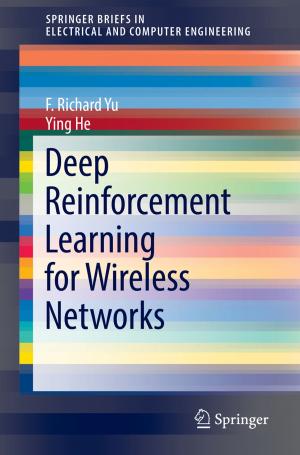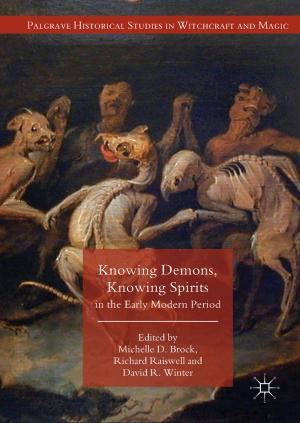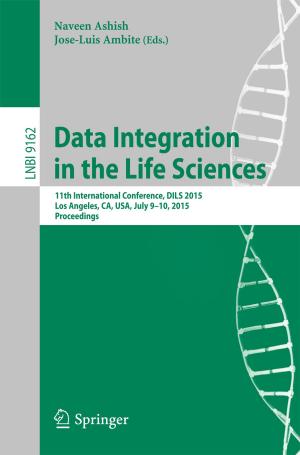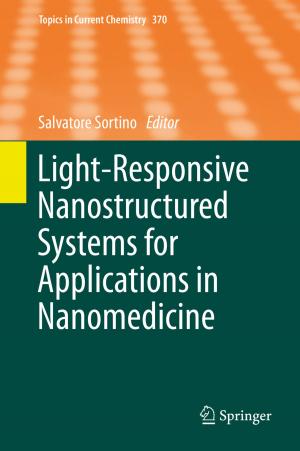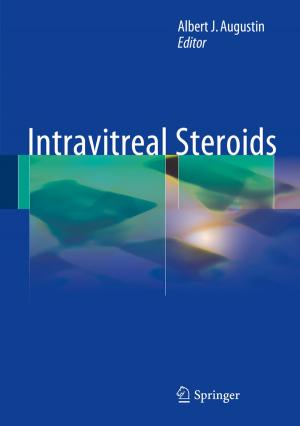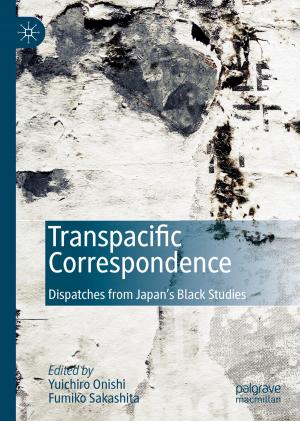Jacob Sigismund Beck’s Standpunctslehre and the Kantian Thing-in-itself Debate
The Relation Between a Representation and its Object
Nonfiction, Religion & Spirituality, Philosophy, Epistemology, History, Criticism, & Surveys| Author: | Lior Nitzan | ISBN: | 9783319059846 |
| Publisher: | Springer International Publishing | Publication: | June 25, 2014 |
| Imprint: | Springer | Language: | English |
| Author: | Lior Nitzan |
| ISBN: | 9783319059846 |
| Publisher: | Springer International Publishing |
| Publication: | June 25, 2014 |
| Imprint: | Springer |
| Language: | English |
This book examines the unique views of philosopher Jacob Sigismund Beck, a student of Immanuel Kant who devoted himself to an exploration of his teacher's doctrine and to showing that Kant’s transcendental idealism is, contra to the common view, both internally consistent and is not a form of subjective idealism. In his attempt to explain away certain apparent contradictions found in Kant's system, Beck put forward a new reading of Kant’s critical theory, a view, which came to be known as the Standpunctslehre, the Doctrine of the Standpoint.
Author Lior Nitzan reconstructs, step by step, the historical development of Beck’s doctrine. He shows how Beck's unique view is drastically different from that of his contemporaries and presents the relevance of Beck to contemporary debates about the proper interpretation of Kant’s notion of objectivity, the refutation of idealism and the role of the thing in itself in Kant’s transcendental idealism. In doing so, Nitzan presents a defense of Beck's radical perspective of Kant’s theory and claims that some of Kant’s negative responses to it may in fact be due more to the adversary academic environment at the time than to Kant’s true, well considered, opinion.
Jacob Sigismund Beck’s Standpunctslehre challenges the two dominant schools in the interpretation of Kant’s transcendental idealism—the "two world" and the "two aspect" view. It presents a new way of understanding Kant’s transcendental idealism, according to which the thing in itself plays no positive role in relation to the possibility of experience. Moreover, it claims that eliminating the thing in itself as the ultimate object of knowledge is not to admit idealism but in fact is the only way to consistently uphold realism. In addition, the book also addresses the question why, assuming that the proposed interpretation is correct, Kant had chosen not to make his true intentions clear.
This book examines the unique views of philosopher Jacob Sigismund Beck, a student of Immanuel Kant who devoted himself to an exploration of his teacher's doctrine and to showing that Kant’s transcendental idealism is, contra to the common view, both internally consistent and is not a form of subjective idealism. In his attempt to explain away certain apparent contradictions found in Kant's system, Beck put forward a new reading of Kant’s critical theory, a view, which came to be known as the Standpunctslehre, the Doctrine of the Standpoint.
Author Lior Nitzan reconstructs, step by step, the historical development of Beck’s doctrine. He shows how Beck's unique view is drastically different from that of his contemporaries and presents the relevance of Beck to contemporary debates about the proper interpretation of Kant’s notion of objectivity, the refutation of idealism and the role of the thing in itself in Kant’s transcendental idealism. In doing so, Nitzan presents a defense of Beck's radical perspective of Kant’s theory and claims that some of Kant’s negative responses to it may in fact be due more to the adversary academic environment at the time than to Kant’s true, well considered, opinion.
Jacob Sigismund Beck’s Standpunctslehre challenges the two dominant schools in the interpretation of Kant’s transcendental idealism—the "two world" and the "two aspect" view. It presents a new way of understanding Kant’s transcendental idealism, according to which the thing in itself plays no positive role in relation to the possibility of experience. Moreover, it claims that eliminating the thing in itself as the ultimate object of knowledge is not to admit idealism but in fact is the only way to consistently uphold realism. In addition, the book also addresses the question why, assuming that the proposed interpretation is correct, Kant had chosen not to make his true intentions clear.




